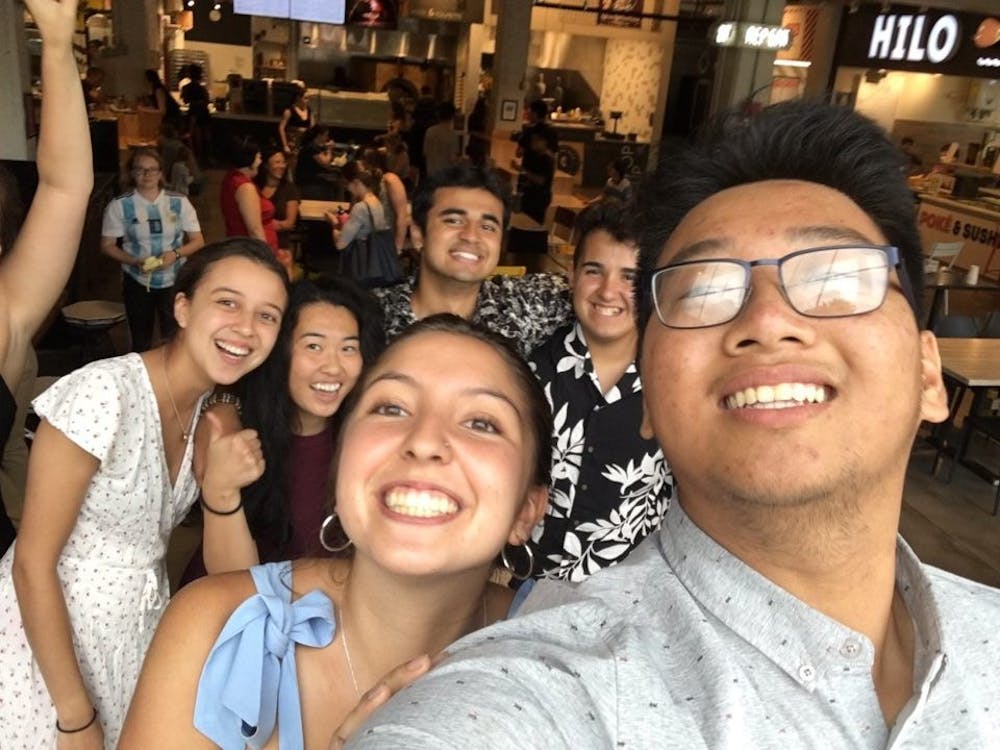College was neither a guarantee nor an expectation. It was my only resort. College was a word passed around my community like a looming icon of the mythical “American Dream” — a dream of social mobility, wealth and generational prosperity. My parents fled from their homes, as their families were torn apart along ideological lines, to a foreign land with the hope for a better future: a future of prosperity for their children.
To a family of refugees trying to carve a life in America, education and believing in the college dream was the greatest equalizer. The college dream was to do well in school, to get into a good university, get a degree, work a good job and have a good life. It was a dream of hope built on hard work shared countless times over by numerous families. I am just one of these hopefuls.
As the firstborn, I was conceived out of their hopes and was tossed into this journey out of their love and hope for my future. The college dream and belief were the mantras that guided me throughout my journey here. The college dream was ingrained into my being from my parents and guardians since I was young. Although the college journey was out of my own volition, my path to college was built upon the shoulders of my family, who toiled from job to job to support me and their hopes and expectations of success. I was to be the model for my siblings and trek on the tumultuous path to a college degree on my own.
The image of the Convocation stage with the ever-present symbol of the Hopkins seal is forever ingrained in my mind. Gazing upon the seal that represented my hopes and hard work, I cried in my seat as President Daniels spoke words of encouragement and platitudes about our place within this institution. At that moment, I stood upon the gravity of the sacred grounds. I was actually in college at Hopkins. I had made it.
However, the journey through college was laid with more turns and trials than the hopeful dream made it out to be. Money was an ever-pressing concern that loomed over my shoulder. The dizzying feelings of isolation in the crowds of students different from me made me feel claustrophobic and overcome by bursts of anxiety, although I tried to hide it.
People came from wealthier backgrounds, different life experiences and cultures that further isolated me, a poor Vietnamese-American kid from southern California. College was an isolating experience. As for many, it placed pressure on my mind on whether I could succeed and reach that American Dream, and whether I was even worthy of that in the first place. To find my place amid all the ambiguity and uncertainty felt like facing the world on my own. I didn’t have anyone to look to or talk to about their experiences, or even the courage to ask for help, albeit out of misguided pride or shame.
Despite all these difficulties, I slowly began to find my place. I found a support system that I could lean upon and people who truly drive me to seek greater and strive for more. Whether it be the nights of complaining about assignments due or the dinners at Grano Pasta Bar, these memories made my life at Hopkins ever more enriched and ever more bearable. At the end of this journey, I am reminded of what I have accomplished here, whether that be in my academics, extracurriculars or relationships. Now that I am within the grasp of achieving my American Dream, I am genuinely thankful for my family and the community that allowed me to find myself and adapt and thrive at Hopkins. I feel bittersweet but excited to begin my next chapter.





